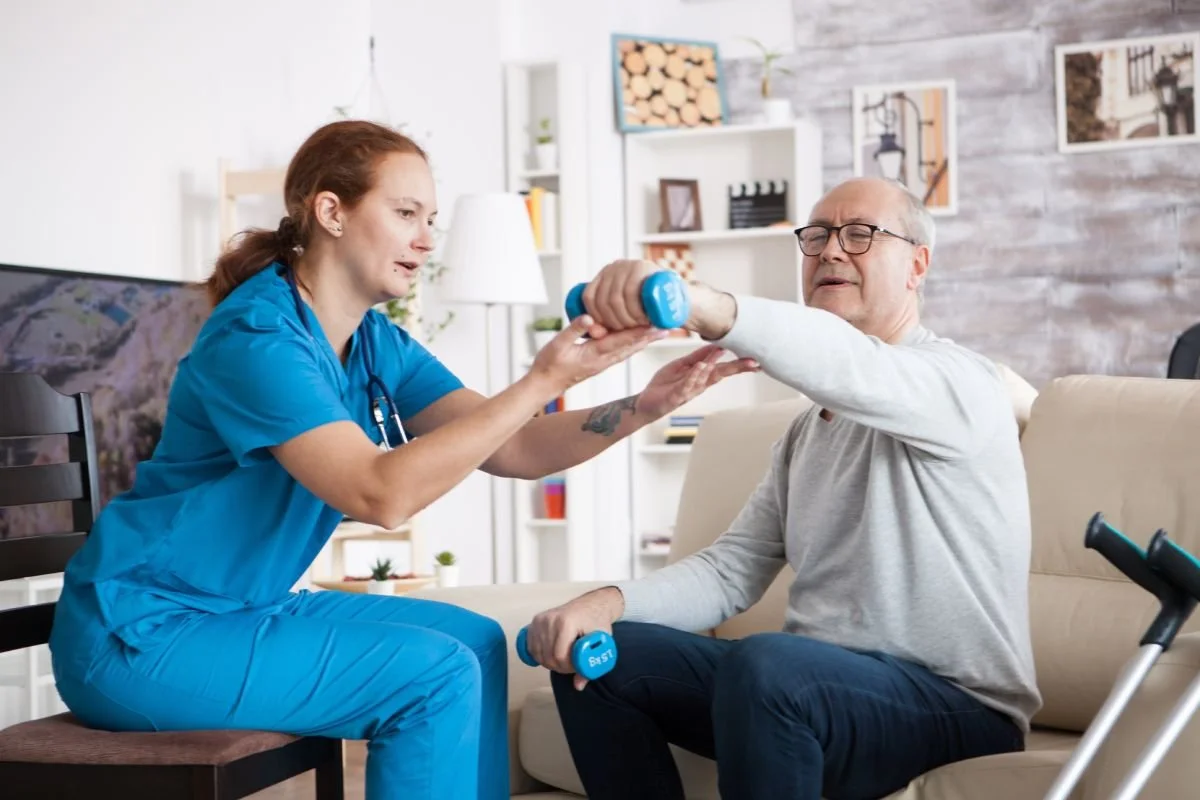Ageing Gracefully: How Senior Physiotherapy Can Boost Mobility and Independence
Ageing is a natural part of life, but losing your mobility and independence doesn't have to be. For many seniors, the fear of falling, the ache of arthritis, or the gradual weakening of muscles can lead to a more sedentary lifestyle. This inactivity, however, often accelerates decline. The key to breaking this cycle and maintaining a vibrant, autonomous life lies not in slowing down, but in smart, supportive movement. Senior physiotherapy, also known as geriatric physiotherapy, is a specialized field dedicated to helping older adults enhance their strength, balance, and overall function, proving that it's never too late to invest in your physical well-being.
The Goals of Geriatric Physical Therapy
The primary goal of senior physical therapy is to promote safe mobility and preserve independence. This is achieved through a comprehensive approach that addresses the most common challenges of ageing. A physiotherapist begins with a thorough assessment, evaluating strength, balance, range of motion, and gait (walking pattern). This allows them to create a highly personalized program that is both safe and effective, tailored to an individual's unique health profile and personal goals, whether that's walking to the store or playing with grandchildren.
Fall Prevention and Balance Training
One of the most significant focuses of geriatric physiotherapy is fall prevention. Falls are a leading cause of injury and loss of independence for seniors. Physiotherapy directly combats this risk through targeted balance training and strength exercises. Therapists use specific activities to improve proprioception—the body's ability to sense its position in space—and strengthen key stabilising muscles in the legs and core. This training empowers seniors to navigate uneven surfaces, stairs, and obstacles with greater confidence and stability.
Managing Chronic Conditions with Physiotherapy
Physiotherapy is a powerful tool for managing common chronic conditions in older adults.
Osteoarthritis: Gentle, guided movement helps maintain lubrication and range of motion in arthritic joints, reducing stiffness and pain.
Osteoporosis: Weight-bearing exercises and resistance training are prescribed to help slow bone density loss and build supportive muscle.
Post-Surgery Rehab: Physiotherapists are crucial for recovery after joint replacements (like knee or hip), helping to restore function and strength.
This proactive management of health conditions reduces reliance on pain medication and prevents further complications.
Beyond the Physical: Psychological Benefits
The psychological benefits of senior physiotherapy are profound. Regaining the ability to perform daily tasks without pain or assistance restores a sense of dignity and self-reliance. The confidence gained from being stronger and more stable reduces the fear of falling, which often leads to increased social engagement and participation in beloved activities. This active engagement is crucial for mental and emotional health, combating feelings of isolation and depression.
In essence, senior physiotherapy is not about fighting ageing; it's about optimizing the ageing process. It provides the tools and guidance to maintain an active, fulfilling lifestyle. By focusing on strength, balance, and pain management, it empowers older adults to move with confidence, live without fear, and enjoy their golden years with grace and independence. It is an investment in a future of freedom, proving that strength and vitality can be cultivated at any age.

